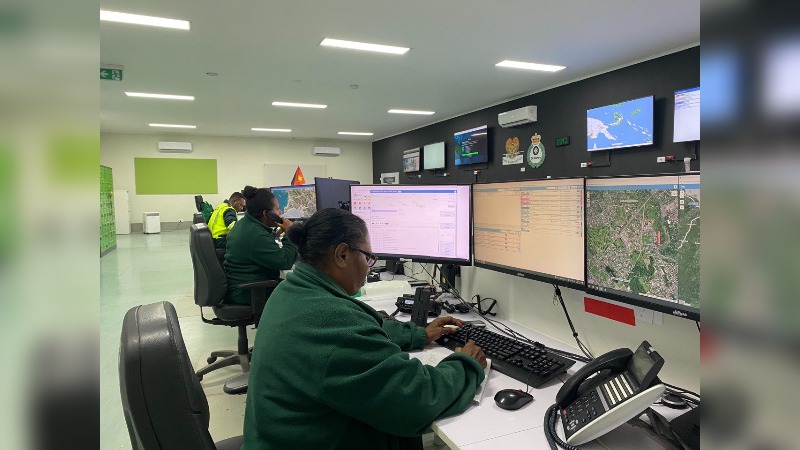St. John Ambulance receives over 4000 false calls to its emergency number 111 every day which totals to roughly 28, 000 false calls in a week.
This is dangerous as it blocks and hinders genuine calls from getting through to the emergency hotline.
Chair of the National St. John Council Dame Jean Kekedo stated that false calls made are a waste of resources and puts not only the genuine callers’ lives at risk but also the ambulance officers who respond to those calls.
“A false call recently resulted in an attack on the ambulance crew, resulting in thousands of kina worth of damage to the ambulance vehicle.”
“The mental trauma that ambulance officers suffer as a result of such attacks, as well as the stress that call takers face on a daily basis while responding to thousands of calls, are very concerning for the ambulance service.”
Dame Kekedo added that currently there no laws that specifically protect the officers of St. John.
“There is no law that makes falsely calling the ambulance service illegal nor is there any specific law that makes impeding ambulance officers from performing their duties a crime.”
“There is no specific law that makes assaulting an ambulance officer more serious and there is no law that allows the ambulance service to see the exact location of the 111 callers at the time the call is placed, which would immediately assist officers in identifying fake calls and quickly locating casualties in rural areas without street addresses.”
Dame Kekedo stated that there needs to be tough laws in place to protect St. John’s first responders to enable them to continue doing their job effectively.
“Legislation enabling the tracking of calls and making it illegal to make false calls to public emergency numbers – like 111 will help the ambulance service proactively act to address the 4,000 nuisance calls each day.”
The St John Ambulance Bill, which will be debated in Parliament during the next session, guarantees the safety of ambulance workers.

